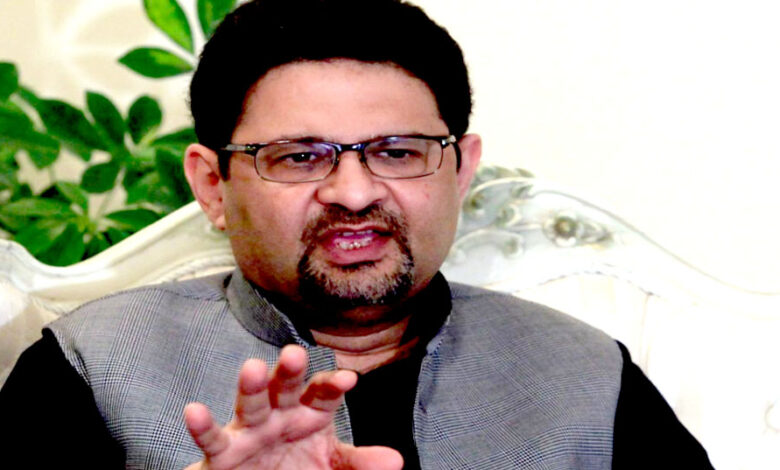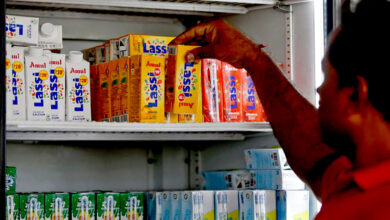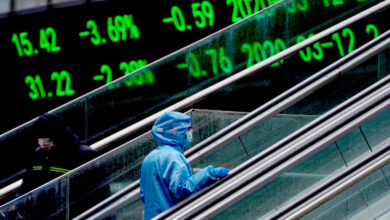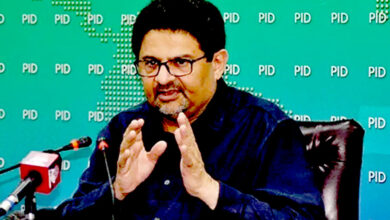“Nothing forced,” says Miftah, who promises to tax real estate brokers and builders.

Finance Minister Miftah Ismail said on Saturday that the government was working “with consultation” to start taxing restaurants, builders, and real estate brokers within the next few months.
Ismail said that he could only “fight so many battles” in response to a tweet about letting small traders and retailers go with a fixed monthly tax.
“Millions of shops are slowly being brought into the tax system. I have added jewellers to the net, and you can be sure that over the next few months, I will add all the professionals you mentioned, “he tweeted.
The minister said that he had talked to groups of small shop owners and jewellers to bring them into the net and “did so with their agreement.”
“Now I’ll add real estate agents, builders, people who run housing societies, car dealers, restaurants, salons, and other businesses to the web. But nothing was too much. “After talking to people, “he added.
Musadaq sahib I can fight only so many battles. We are bringing in (gently) millions of shops into the tax net, I have brought jewellers into the net, and rest assured I will bring in all the professionals you mentioned in the net over the next few months. 1/2 https://t.co/4POwL92w2l
— Miftah Ismail (@MiftahIsmail) June 25, 2022
Yesterday, the government announced new ways to tax both businesses and people. Ismail talked to the National Assembly about a new fixed tax plan for shops outside of the tax net. Under this plan, small shop owners will pay a fixed tax of Rs 3,000 per month and big retailers will pay a fixed tax of Rs 10,000 per month.
Gold stores with less than 300 square feet of space would have to pay a fixed income and sales tax of Rs40,000, which is less than the previous tax of Rs50,000. The sales tax for bigger stores went down from 17% to 3%.
The tax that people had to pay when they sold gold to goldsmiths has been cut from 4 percent to 1 percent. Real estate agents, builders, and car dealers will all have to pay the same fixed tax rate.
Next in PM @CMShehbaz broadening the tax net agenda
1. Real estate
2. Builders
3. Housing Society Developers
And more.Gradually and with consultation of their representatives with @MiftahIsmail https://t.co/AwmxKefclN
— Salman Sufi (@SalmanSufi7) June 25, 2022
Separately on Friday, Prime Minister Shehbaz spoke to the country and said that big businesses would have to pay a 10% “super tax” to help pay for the country’s poor as inflation rose.
Cement, steel, sugar, oil and gas, fertilisers, LNG terminals, textiles, banks, cars, cigarettes, drinks, chemicals, and airlines are some of the 13 industries that will be taxed.
The PM said that these areas had made a lot of money this year. This one-time additional tax will cost businesses in the rest of the sectors between 1% and 4% of their income.
Later, the finance minister said that the super tax was a “one-time tax that was needed to fix the last four record budget deficits.”
People were hoping that the country would soon reach an agreement with the International Monetary Fund (IMF) to get a new round of funds that were needed to avoid a balance-of-payments crisis.
A Dawn editorial on Saturday said, “The super tax will significantly cut into the profits of companies that have to pay it, and many of them are likely to put off future investment plans and discourage documentation.”
It pointed out that the steps taken by the government showed that Pakistan’s economy was in a “extremely sad state.”





